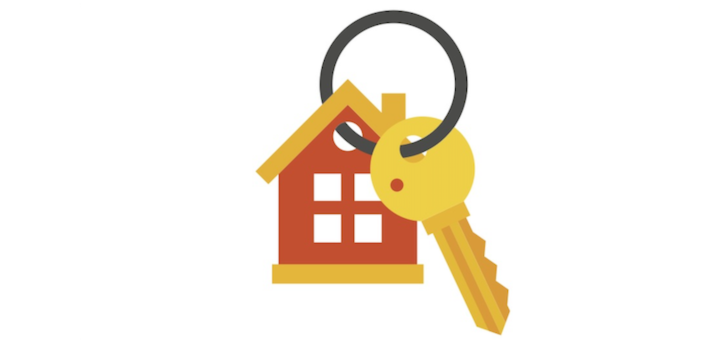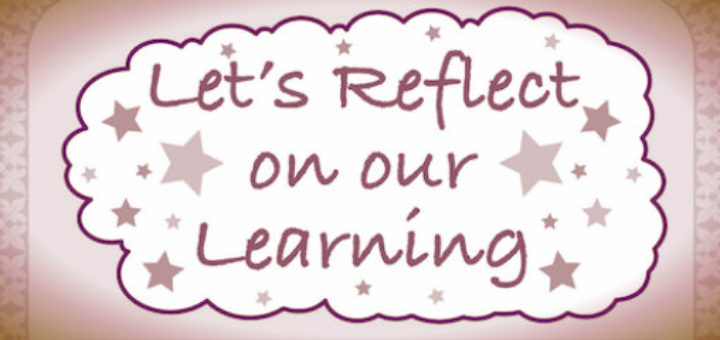Tagged: student self-assessment
How do we give students the key to success in school? In every aspect of assessment, teachers engage and empower them by offering opportunities for student voice, choice, self-assessment and self-reporting, writes ASCD bestselling author and school leader Myron Dueck.
Although our assessment of students is critical to learning, we also want students to learn to assess themselves, writes teaching consultant Barbara Blackburn. Encouraging students to take measures of their own progress is both more rigorous and more empowering.
Warren Combs’ book on using constructed responses in everyday instruction “effortlessly demonstrates the power of using short, frequent writing to learn activities that focus on standards across the curriculum,” says literacy coach Laurell Parris. Great for PLCs.
Starr Sackstein shows ways to maximize the benefits of having students reflect on and self-assess their work – for example, by writing actionable goals for later reflection. Reviewer Susan Schwartz likes the ideas but notes activities target older students.
To move from a classroom culture of grading to one of feedback, teachers first need to help students learn to critique each other in non-threatening ways. Popular author and 6th grade teacher Bill Ferriter suggests emphasizing observation, not evaluation.


















